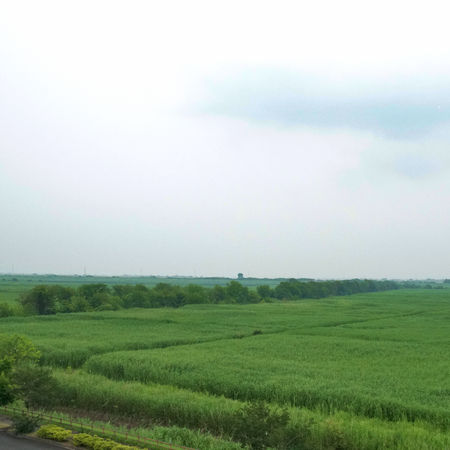
Disasters and Development in East Asian Regionalism in the Anthropocene
Implications for East Asia’s Regionalization and Sustainable Development
Managing disasters, such as floods or industrial accidents, is central to achieving sustainable development in East Asia. Across the region, the character and risks of disasters have changed due to industrialization and its legacies, trade, investment, aid, and geopolitics. This research will rethink how we understand, prepare for and respond to disasters through examining the interconnections created by East Asian regionalism and people’s changing relationship with nature. We focus on cases in Cambodia, China, Japan, Myanmar, Taiwan, Thailand, and the regional economic, environmental and disaster governance systems that impact them.
Our study examines the relationship between disasters and development in East Asian regionalism in the age of Anthropocene. The impacts of disasters ranging from floods and droughts to earthquakes and tsunamis, incur significant economic, social and environmental harms, and put at risk systems of human provisioning, such as for food, energy supply, and transport. This is even more true in a rapidly changing and interconnected world where our everyday life is greatly dependent on things that have been made available through flows of trade, investment, and aid in global supply chains.
This research explores how deepening economic and environmental connectivities in East Asian regionalism relate to causing, preparing for and responding to disasters of various types. Previous studies and policies have largely treated economic, environmental, and disaster governance separately, failing to clarify the interconnected relationship between disasters and development. This reflects the siloed approach to governance, which is often also focused onto human interests without considering people’s changing relationship with the natural world that sustains societies and also needs to be nurtured.
We ask: “What policy/governance is required to ensure sustainable development and disaster management in the context of regional connectivity?” Conceptually, we draw on World Ecology, the social production of disasters, and environmental justice. By reconceptualizing the co-produced character of economic development, disasters and environment, we aim to rethink how governance systems can be holistically designed and put into practice in a post-Sendai Framework, post-2030 development agenda context.
The research will consider a range of types of disasters, including floods, droughts, earthquakes and industrial accidents. Local case studies will be undertaken in Cambodia, China, Japan, Myanmar, Taiwan, and Thailand. Regional case studies will also be undertaken, for example on transboundary haze, transboundary water governance, climate change and weather systems, and the role of the ASEAN Coordinating Centre for Humanitarian Assistance on Disaster Management (AHA Centre). In doing so, the research aims to be transdisciplinary and contribute to the process of policy design and institution building by collaborating with relevant actors at the local, national, and regional levels.
This project is a collaboration between Dr. Takeshi Ito and Dr. Carl Middleton from the Center for Social Development Studies, Faculty of Political Science, Chulalongkorn University, Bangkok, Thailand.
Publications
Research Gallery







